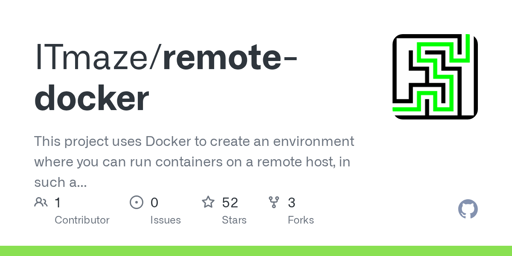

So … now we have plausible gibberish … also known as Autocorrect on Steroids … that includes corporate sponsorship… seems like we’re moving closer to the true meaning of advertising with every iteration.
Next we’ll be asked to pay for this feature … oh wait.
I can’t wait until the Assumed Intelligence bubble finally bursts and takes with it some of the largest companies in the world … perhaps this is how we finally address climate change.









Is it just me, or is that IKEA shelving?